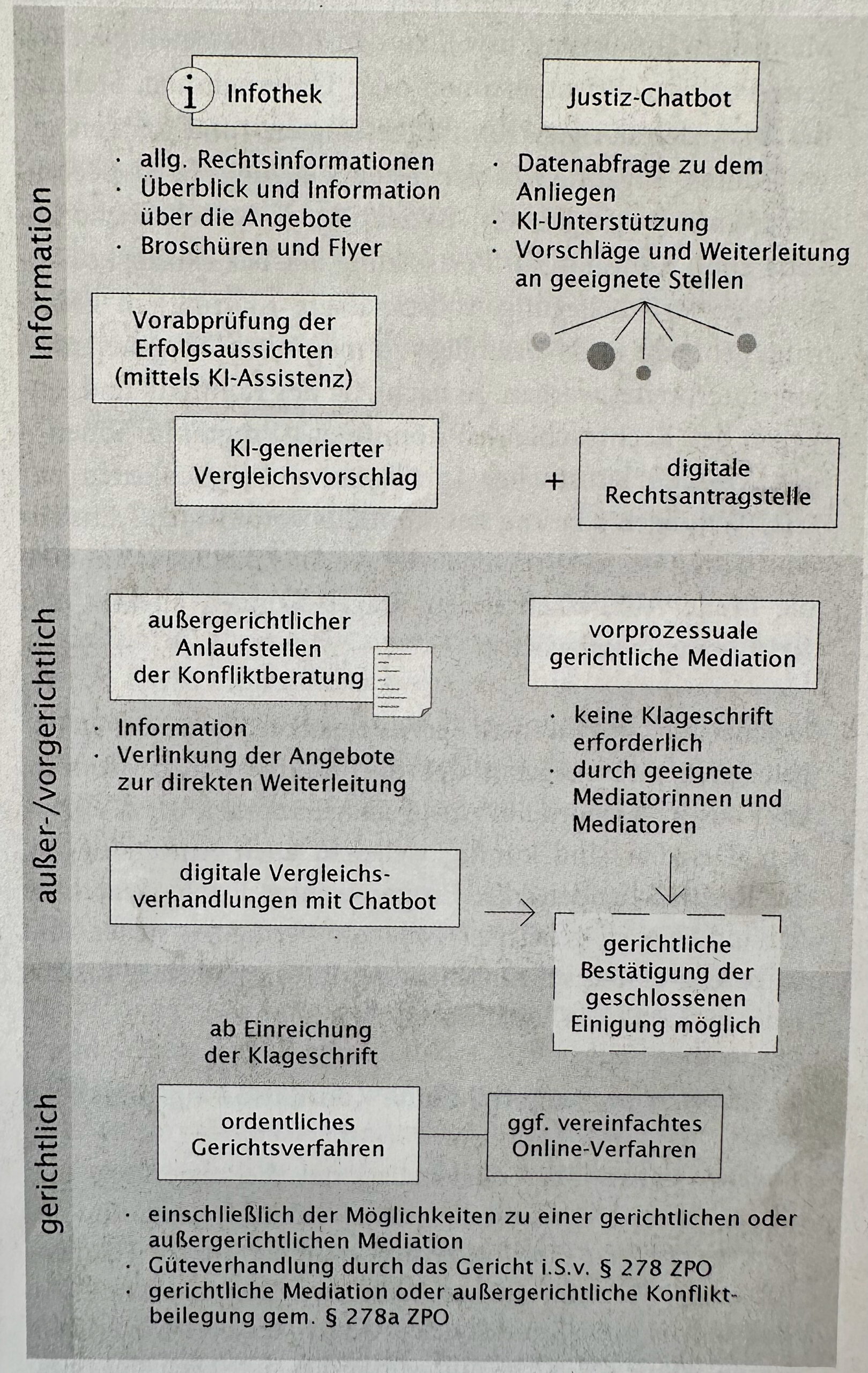INKOVEMA Podcast „Well through time“
#214 GddZ
Vision of a standardised national justice portal
An overall concept for modern, society-wide dispute and conflict resolution?
In conversation with the President of the OLG Celle Stefanie Otte
Stefanie Otte has been President of the Higher Regional Court of Celle since July 2018. From 2013 to 2015, she worked in the Lower Saxony Ministry of Justice as Head of the Human Resources Department and Deputy Head of the Central Department. In 2015, she was appointed State Secretary and chaired the E-Justice Council until 2017. She recently chaired the nationwide working group on the use of artificial intelligence and algorithmic systems in the judiciary.
Well through time.
The podcast about mediation, conflict coaching and organisational consulting.

Contents
Chapter:
Summary of content
In the current episode of the podcast „Gut durch die Zeit“ I have a conversation with Mrs Stefanie Otte, President of the Higher Regional Court of Celle, about the current developments in justice policy and the Challenges of dispute resolution in and out of court. This time we didn't meet in the studio, but in the impressive building of the Higher Regional Court of Celle, which gave our dialogue a special touch.
Mrs Otte presents an innovative Proposal for a standardised nationwide online justice portal. We discuss how this portal can not only serve as a digital point of contact for citizens, but also help to strengthen trust in the justice system as a whole. At a time when digital presence is becoming increasingly important, it emphasises the importance of the judiciary being present in a modern, digitalised society. This includes considerations on modernising the justice system and improving the provision of information on rights and obligations.
One of Mrs Otte's main concerns is to strengthen the public's trust in the courts. She also addresses the problem of the declining number of lawsuits; a lower volume of lawsuits could indicate more profound problems in the perception of the judiciary. She argues that not every conflict needs to be resolved in court, but that the judiciary plays a fundamental role in the rule of law. The planned online portal should help to show citizens their options for action at an early stage before going to court becomes unavoidable.
We go on to discuss how the planned portal will integrate different stages of conflict resolution - from information gathering to concrete recommendations for alternative dispute resolution procedures. Ms Otte emphasises the importance of viewing mediation and court proceedings not as competing but as complementary systems. She is convinced that a dialogue-based exchange between the disciplines leads to better solutions.
Another aspect we are addressing is the role of mediators and the possibility of improving access to justice in the digital space. Mrs Otte's vision is to create a comprehensive network that not only gives citizens access to judicial solutions, but also shows them alternative ways of resolving conflicts - whether through mediation, arbitration or other procedures.
Finally, we emphasise that such a comprehensive initiative requires a broad dialogue between all stakeholders. This includes feedback from former members of the judiciary, mediators and citizens in order to design a portal that meets the real needs of society. Mrs Otte encourages all interested parties to actively participate in this discussion and contribute their perspectives. This is the only way we can work together to develop a comprehensive understanding of justice and conflict resolution that will benefit everyone involved.
Complete transcription





Leave A Comment